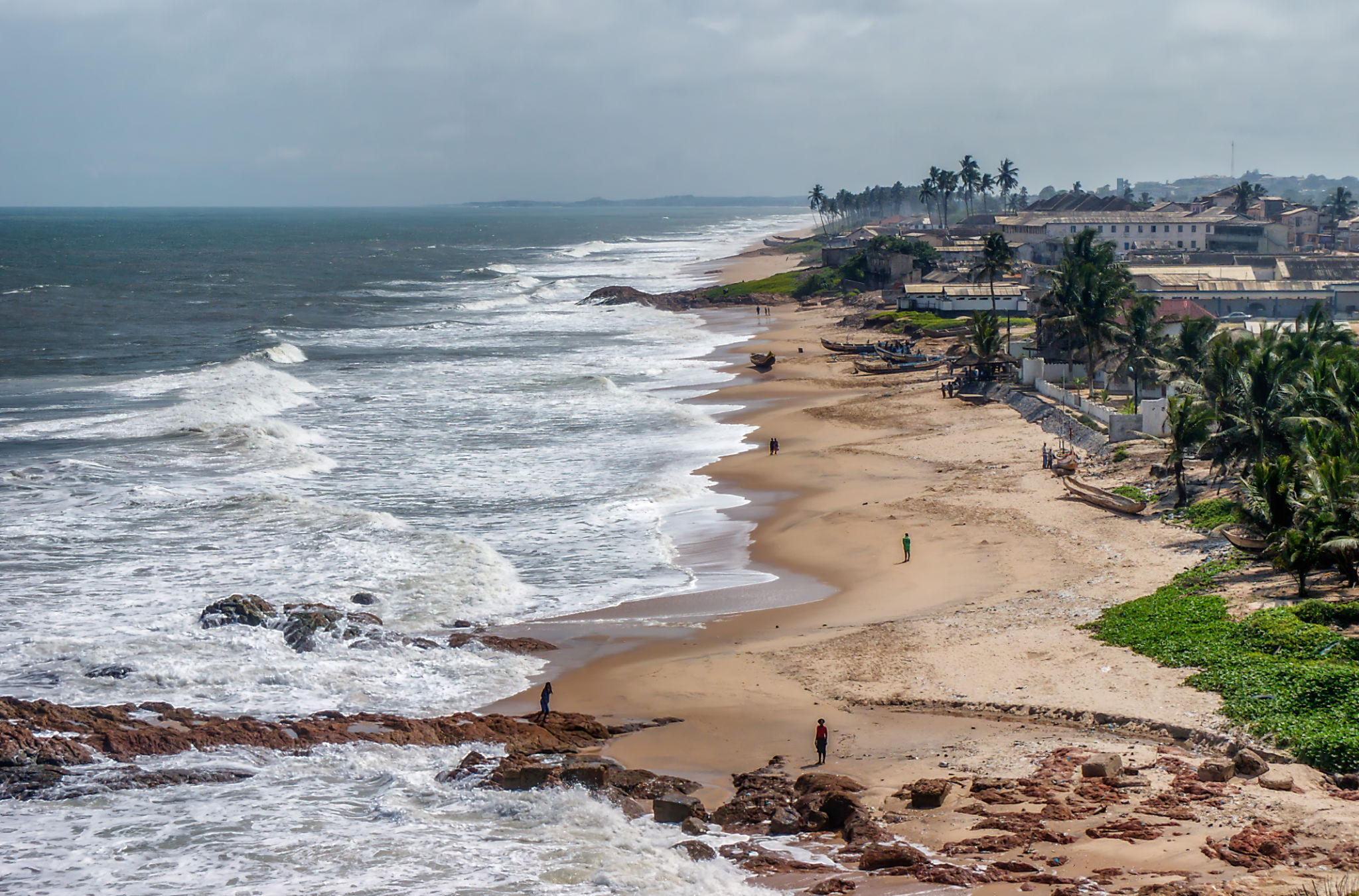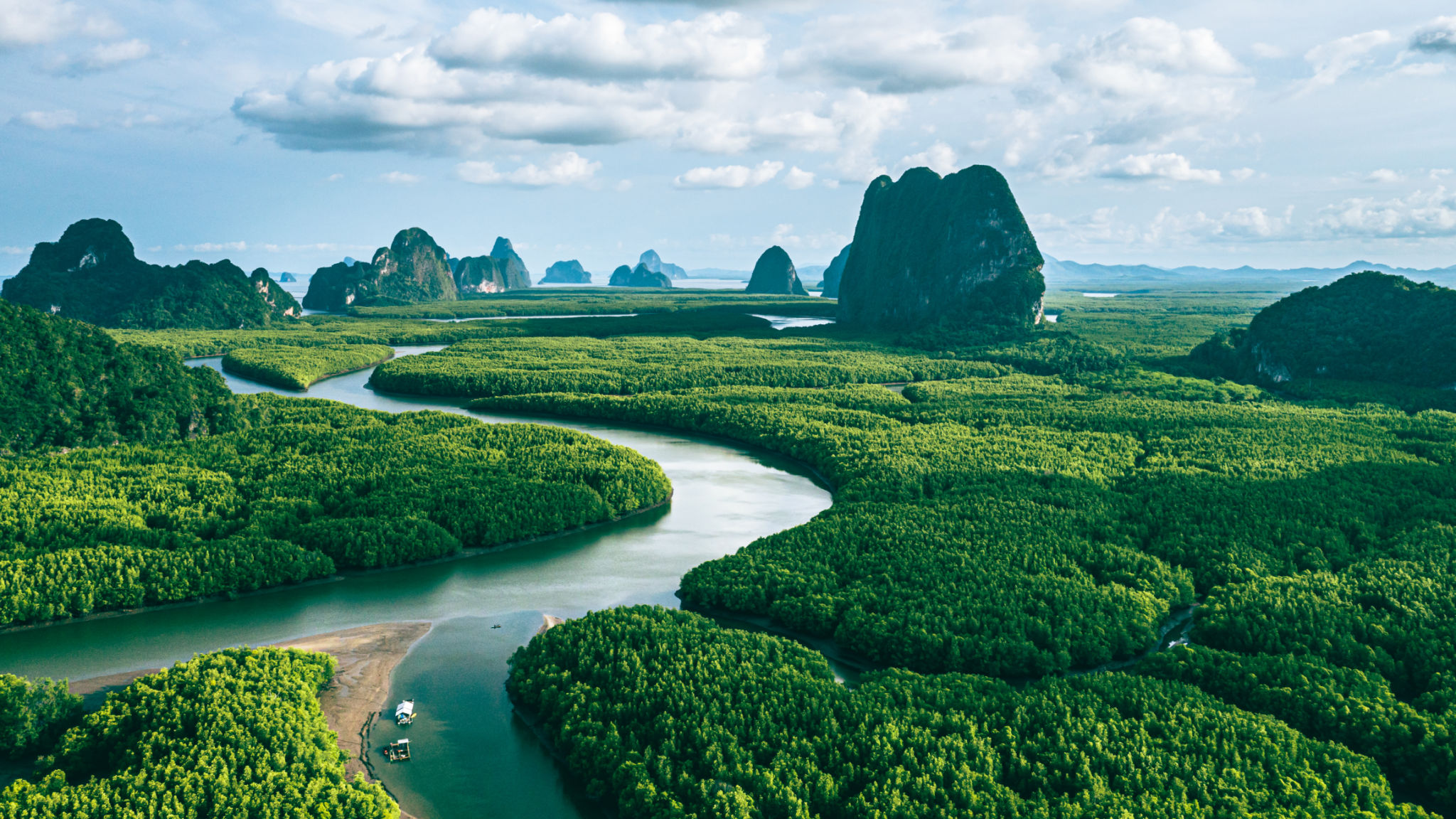Success Stories: Coastal Restoration Projects in Ghana
Introduction to Coastal Restoration in Ghana
Ghana's coastline, stretching over 500 kilometers along the Atlantic Ocean, is home to unique ecosystems and diverse communities. However, it faces significant challenges due to climate change, unsustainable fishing practices, and coastal erosion. Over the past decade, various coastal restoration projects have emerged as beacons of hope, aiming to restore and protect these vital regions.
These projects not only aim to rebuild natural habitats but also enhance the livelihoods of local communities. By integrating traditional knowledge with modern conservation techniques, these initiatives are paving the way for sustainable development.

The Importance of Mangrove Restoration
Mangroves serve as crucial buffers against coastal erosion and are vital habitats for marine life. In Ghana, initiatives like the "Mangrove Restoration Project" have been pivotal in replanting mangrove forests, which had been drastically reduced due to logging and land conversion.
The project has successfully restored over 100 hectares of mangrove forests, providing critical shelter and breeding grounds for fish species and other wildlife. By engaging local communities in planting efforts, the project has also created job opportunities and raised environmental awareness.

Community Involvement and Education
A key component of successful coastal restoration is community involvement. Educating local populations about the benefits of mangrove ecosystems has led to a significant shift in attitudes towards conservation. Workshops and seminars have empowered locals to take an active role in preserving their natural heritage.
The collaboration between NGOs, government agencies, and community leaders has been instrumental in fostering a sense of ownership and responsibility among residents. This collective effort ensures that the restored areas are maintained and protected for future generations.
Restoring Coral Reefs: A Dive into Success
Coral reefs are another precious resource under threat along Ghana's coast. The "Coral Reef Revival" initiative has focused on restoring damaged reef systems by transplanting coral fragments and monitoring their growth. This project has not only revived marine biodiversity but also boosted local ecotourism.
By working with local dive shops and tour operators, the initiative has turned reef restoration into a community-driven effort. The positive impact on tourism has helped generate additional income for coastal communities, further incentivizing conservation efforts.

Technological Innovations in Restoration
Innovative technologies have played a significant role in the success of coastal restoration projects in Ghana. From using drones for mapping and monitoring to developing artificial reefs, these advancements have increased the efficiency and effectiveness of restoration efforts.
These technologies allow for precise data collection and analysis, enabling project leaders to make informed decisions and adapt strategies as needed. By integrating cutting-edge tools with traditional practices, restoration projects are achieving remarkable results.
Conclusion: A Sustainable Future
The success stories of coastal restoration projects in Ghana highlight the potential for positive change when communities, government bodies, and organizations work together. These projects offer valuable lessons in resilience and sustainability that can be applied globally.
As these initiatives continue to expand and evolve, they remain a testament to the power of collaboration and innovation in achieving environmental conservation goals. By protecting Ghana's coastal regions, we are not only preserving biodiversity but also ensuring the well-being of future generations.